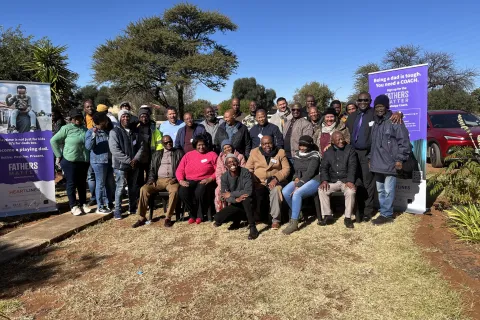Listening to the next generation in Gqeberha
“We never got the chance to be the children we wanted to be.” – Donell, participant at the Fathers Matter Youth Dialogue in Gqeberha.
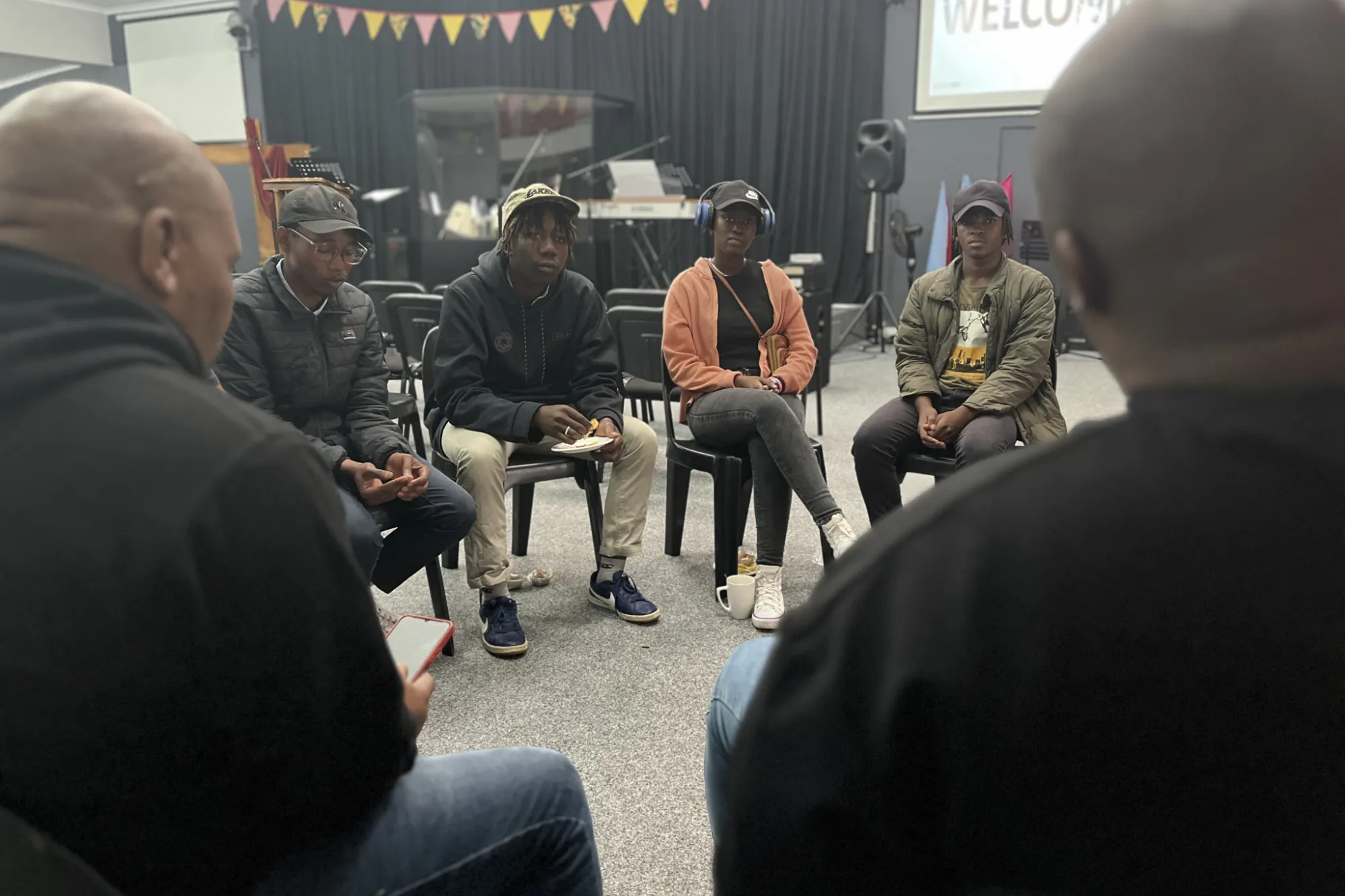
When Heartlines went to Gqeberha in October 2024 for the first Fathers Matter Ambassadors Conference in the Eastern Cape, the focus was on community leaders, pastors and fathers who were encouraged to step up as role models and social fathers in a city that is struggling with crime, drugs and fatherlessness.
This year, the focus turned to young people themselves as Heartlines facilitators Fana Ndlovhu and Tshepo Sithole hosted conversations with youth from across the city, including Donell, Tanatswanashe, Lisakhanya and Kudzai (all aged 20). The goal was to hear directly about their lived experiences and the challenges they face in growing up in an area without present and engaged fathers.
Honest conversations with young people
The sessions were designed to be open and conversational, and the young people responded by speaking honestly about their realities. They described how older generations often struggle to connect with them. Tanatswanashe explained, “You’ll never meet the standards of our coolness.” The message was blunt but clear. Adults cannot always access young people effectively, but they can support those already engaged in youth spaces such as churches, schools and sports clubs.
The strategy is to empower young people in organisations with the tools and resources to allow them to become “multipliers of positive change within their communities,” said Tshepo. This requires trust and authenticity. It means listening first, being vulnerable and genuine, and creating safe spaces where young people feel seen.
Connecting youth through storytelling and shared cultural identity
Storytelling became a central theme in discussions around how to better communicate with young people about social issues such as fatherlessness. Lisakhanya reflected, “You cannot truly care about someone if you know nothing about their story.” Sharing personal experiences was described by the group as a way to connect, build empathy and lift generational burdens.
For many, telling their stories was also about acknowledging pain. Over 60% of young people in South Africa don't live with their biological fathers, and many young people have had absent fathers. That absence has left lasting scars. Kudzai spoke about men who were physically around but emotionally unavailable. “Some fathers are only there for looks,” he said, “but they are not accessible and they are not real with us”.
The group agreed that opening up about these realities creates vulnerability, but also makes space for healing. Storytelling is not only about remembering the past but also about shaping a healthier future. It is a way of rebuilding trust, creating connection and allowing young people to feel heard.
Young people call for a return to traditional family values
Alongside the theme of storytelling, the group reflected on the erosion of African values within families and communities. Donell explained that in his Xhosa culture, the family once taught boys everything they needed to know about becoming men. Today, he said, “fathers cannot even trust their sons to look after the homes they have built”.
For the youth, this was not just a lament but also a challenge. They saw themselves as a generation that can choose to reclaim these values of respect, responsibility and care. This means recognising what has been lost and taking ownership of the kind of men and fathers they hope to become. It means creating a culture where integrity and family are prioritised again, and where young people are equipped to carry those lessons into the future.
Youth-driven solutions for a future with present fathers
Although many stories carried pain, there was also hope. The young people spoke about the importance of honesty, authenticity and self-care for those who lead and mentor others. They highlighted the need to create spaces where they could be themselves without judgement.
Perhaps most importantly, they expressed a willingness to be agents of change. They were not asking for solutions imposed from outside, but for support to lead in their own voices and on their own terms.
The first visit to Gqeberha was about mobilising men to stand as fathers. The second visit revealed the courage and clarity of the city’s youth. Together, these voices point towards a future where children are seen, fathers are present and families are strengthened through the simple act of listening and sharing stories.
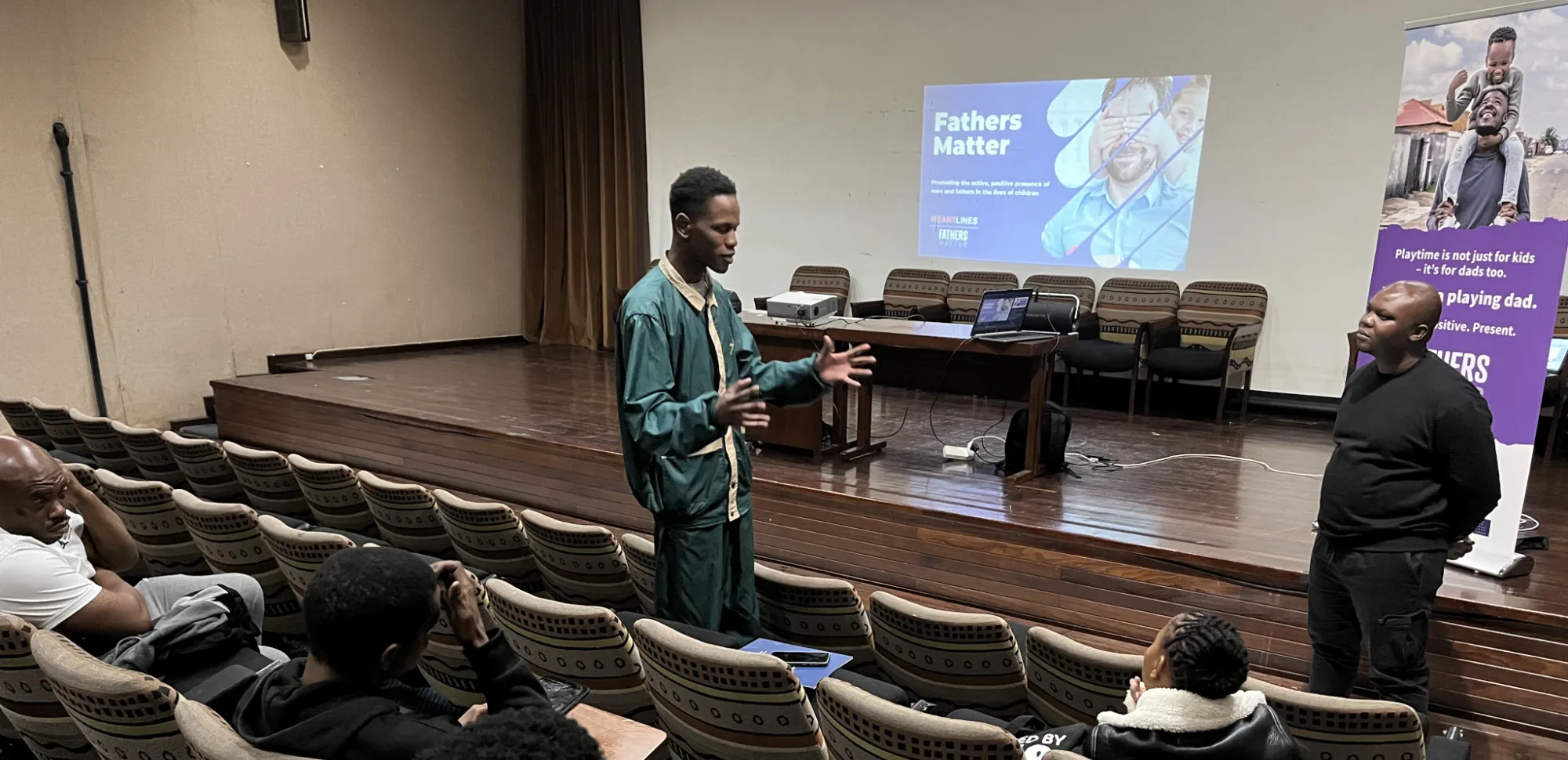
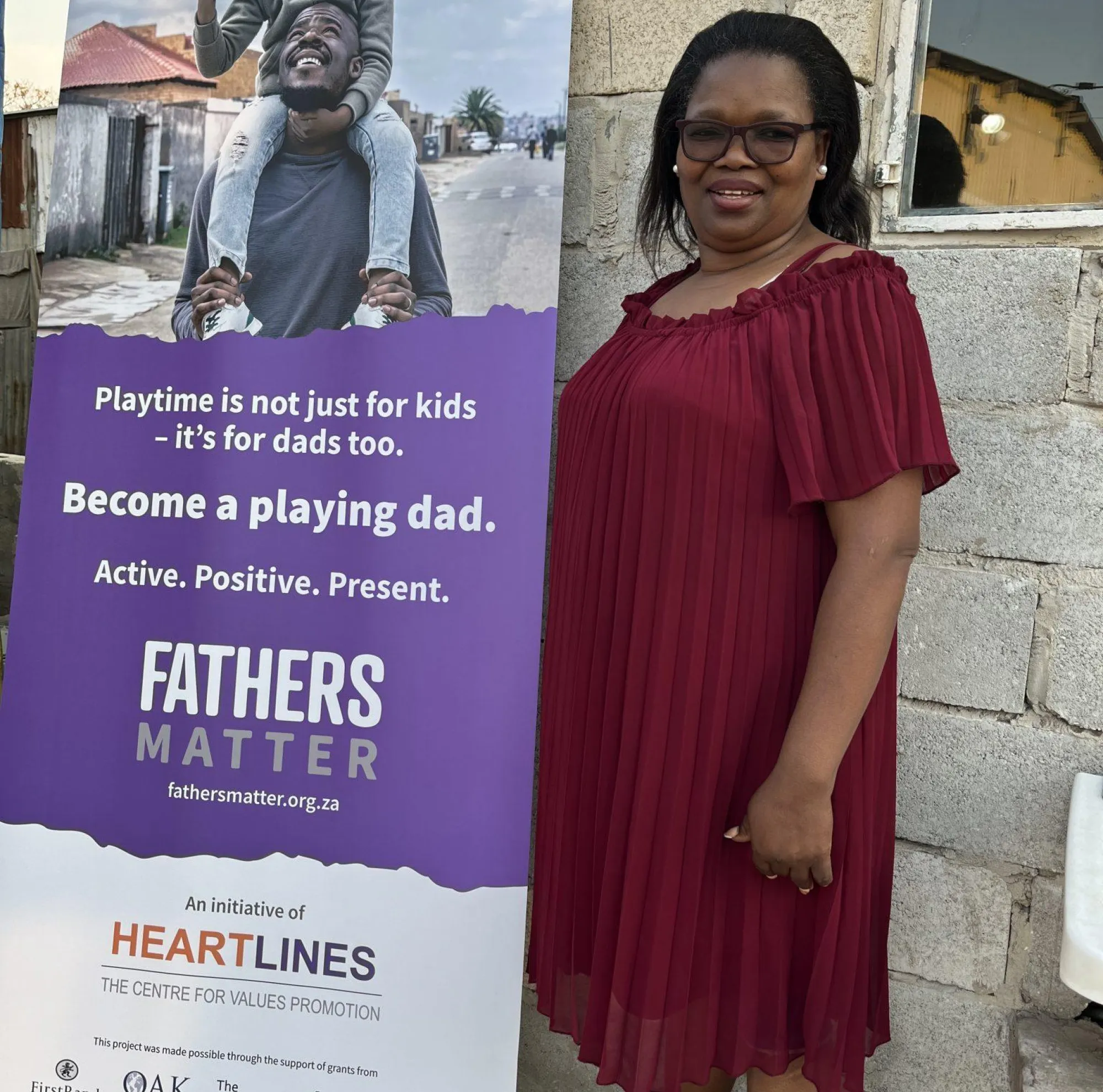
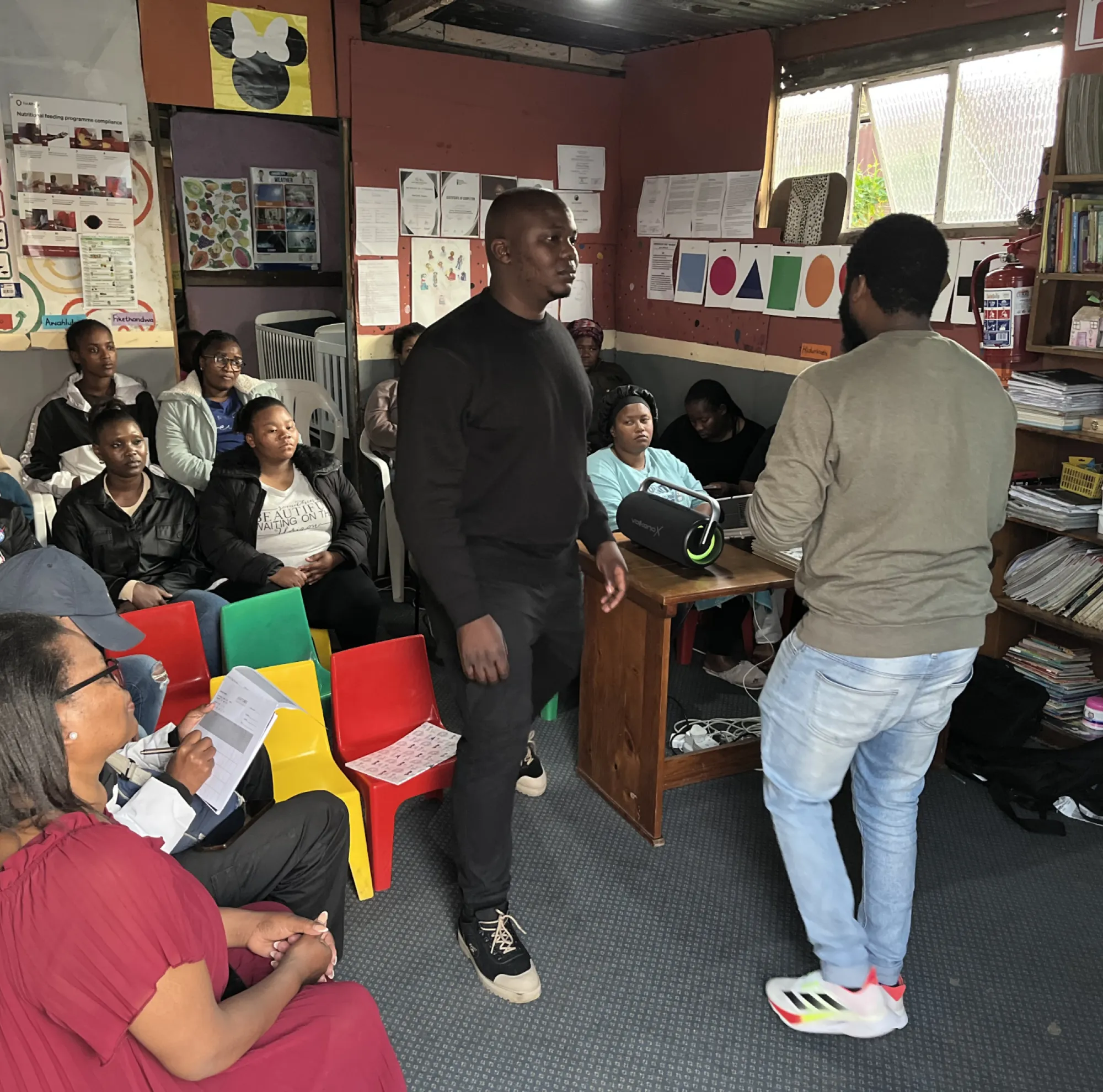

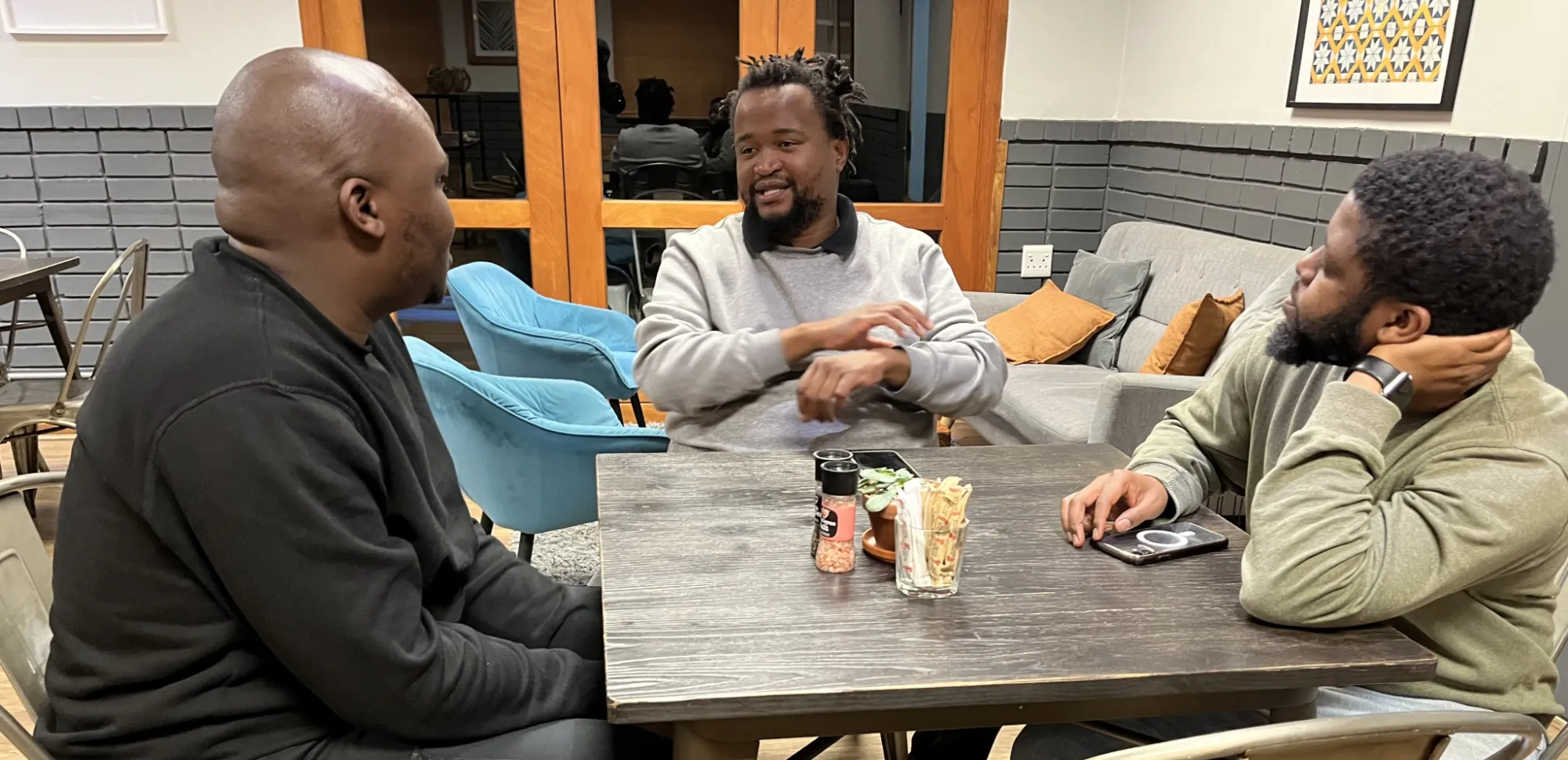
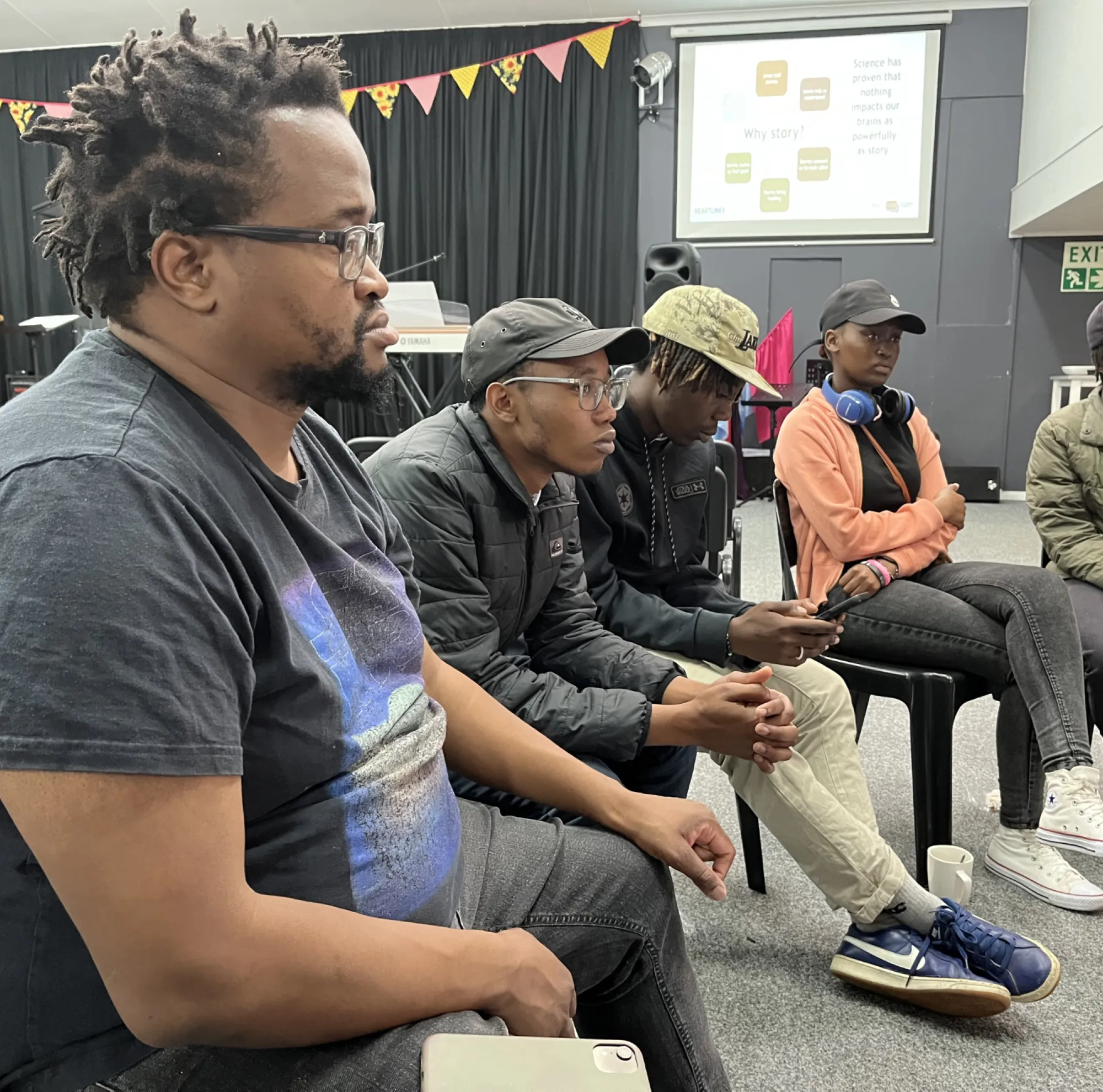

David Nyland
David is a sensitive and intuitive copywriter with experience in marketing and advertising. He has a passion for crafting compelling content that resonates with audiences.
Featured
